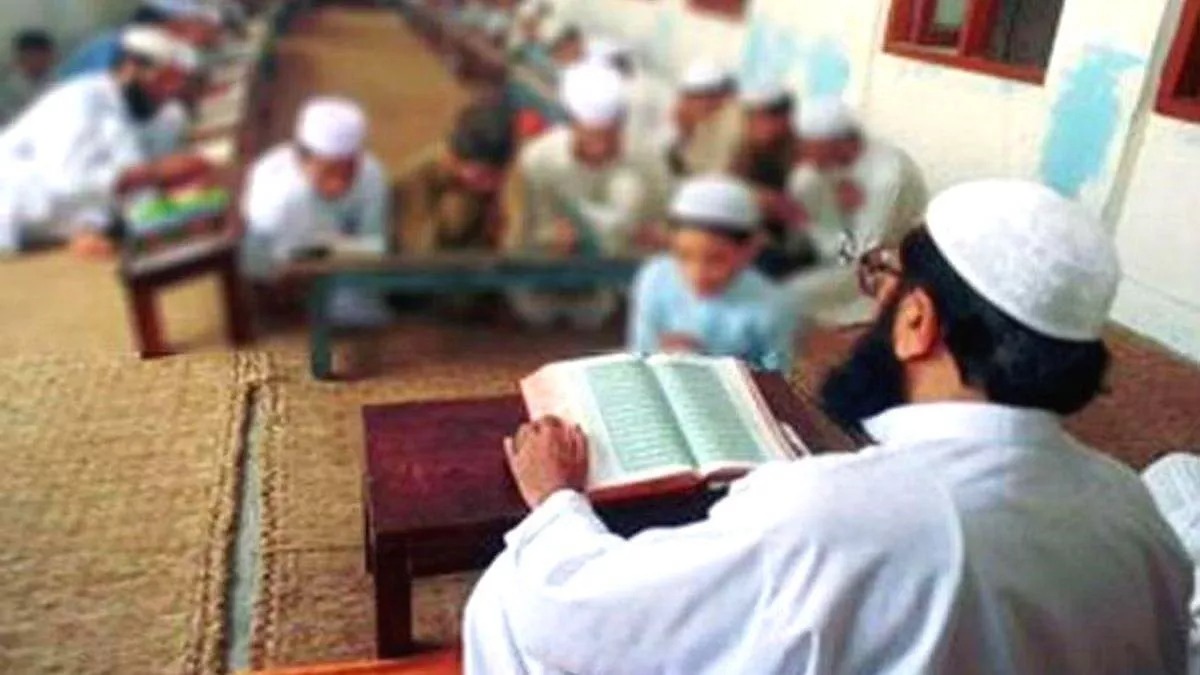
New Delhi: SC on Madrasa Act Supreme Court today gave a big decision and declared the Uttar Pradesh Madrasa Education Board Act 2004 as constitutional. Along with this, the court also rejected the March 22 decision of Allahabad High Court, in which the UP Madrasa Act was repealed.
The decision of the bench headed by Chief Justice D.Y. Chandrachud is likely to bring stability to the recognition and operation of madrasas in the state. The court acknowledged that the provisions of the Act are in line with constitutional values and protect the educational rights of religious minorities.
Government can make rules regarding madrasa education
SC said that the government can make rules regarding madrasa education. No student can be forced to take religious education. SC also said that the madrasa board cannot give higher degrees like Fazil, Kamil, which is against the UGC Act.
The High Court had struck down the law
On March 22 this year, the Allahabad High Court declared the UP Madrasa Act 2004 unconstitutional. The court had said that this law was violating the principle of secularism and ordered the transfer of children studying in madrasas to regular schools. The Supreme Court had already put an interim stay on this order.
What is the Madrasa Act?
The UP Madrasa Act was made in the year 2004. Under this, the Madrasa Board was formed. Its main purpose was to improve the education system in Madrasas. There are a total of 25 thousand madrasas in UP, out of which about 16 thousand have been recognized by the UP Board of Madrasas, while about 8 thousand madrasas have not been recognized by the board.
--Advertisement--

 Priya
Priya Share
Share



